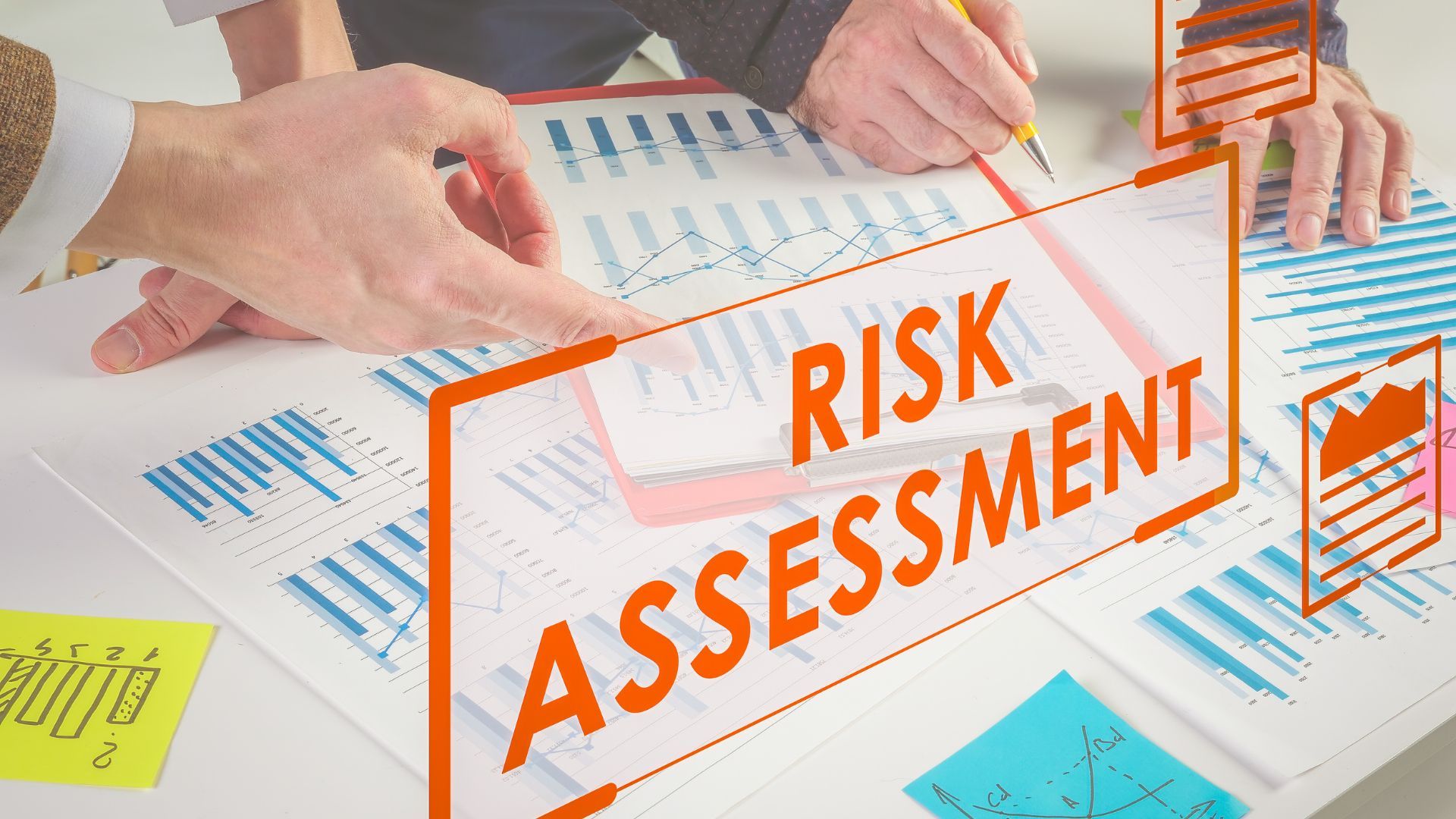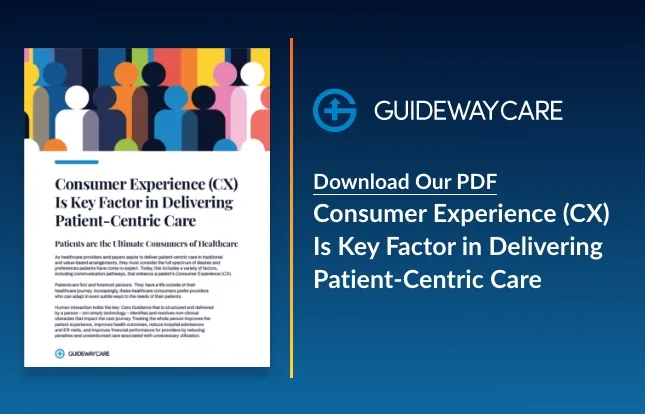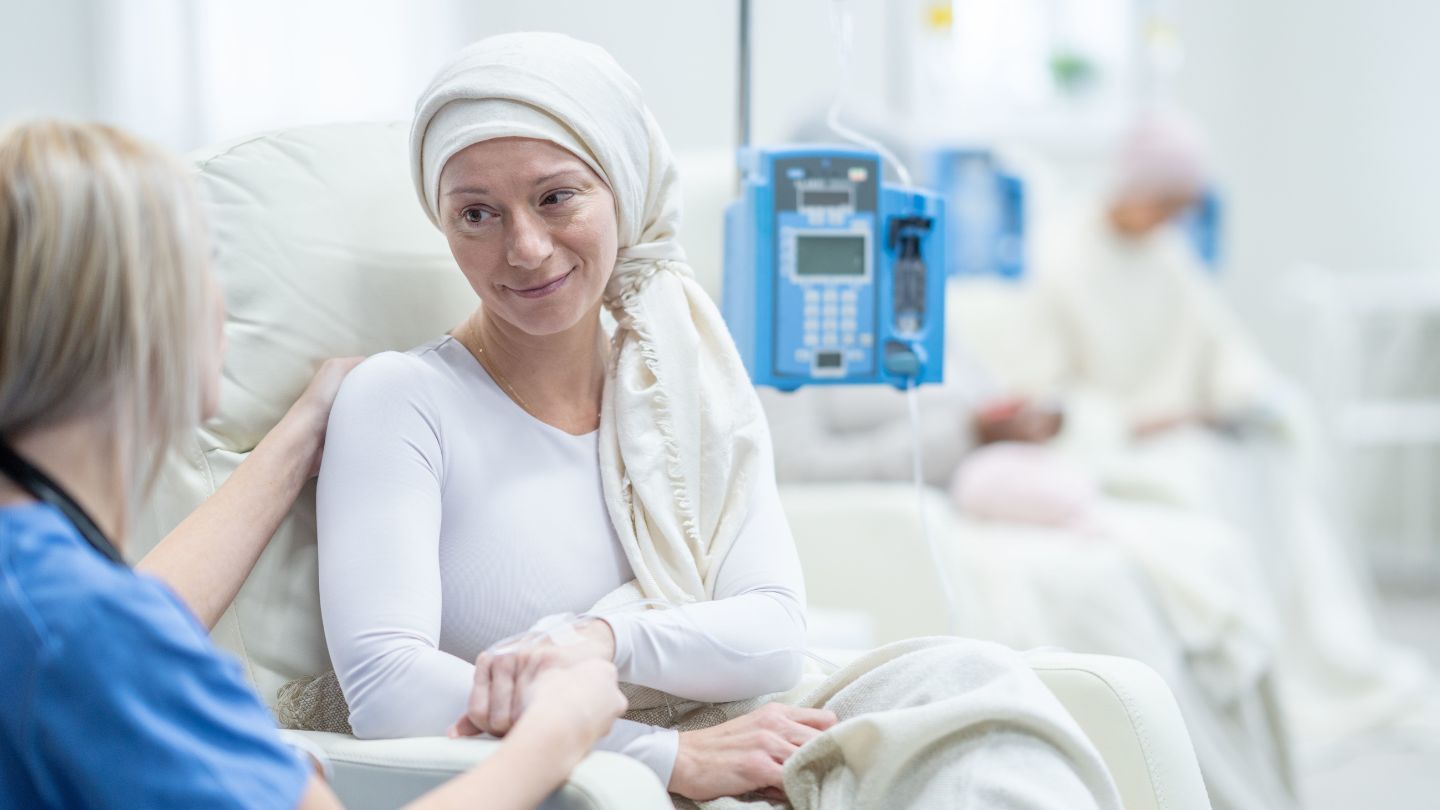Signs You Need a Cancer Risk Assessment Software

Oncology care is essential to help manage and prevent the progression of cancer. With technological advancements, risk assessment software is becoming increasingly available to help providers make better-informed decisions regarding their patients’ care.
The latest Enhancing oncology care model provides a comprehensive set of tools that allow providers to make more efficient, evidence-based decisions. These tools include risk assessment software, which offers an individualized approach to understanding a patient’s cancer risk to provide personalized and tailored care.
Read more: Details of the Enhancing Oncology Model
Here are three signs you may need cancer risk assessment software for your practice:
1) You Want To Be Updated on the Latest Standards of Care
The National Comprehensive Cancer Network (NCCN), American Society of Clinical Oncology (ASCO), and American College of Radiology (ACR) continuously update the guidelines for cancer care, which change rapidly. Cancer risk assessment software can keep your practice up-to-date with these standards so you can give the best care possible to all patients.
Some of these guidelines include:
a) Genetics: Using genetic testing to identify individualized risk and vulnerability in patients.
b) Cancer Screening: Assess which individuals should be screened for certain types of cancer and the appropriate tests they should receive.
c) Survivorship Care: An assessment of potential risks associated with treatment, such as late effects or secondary malignancies.
2) You Want to Improve the Efficiency of Care
Cancer risk assessment software can help your practice become more efficient. This software reduces the time spent on administrative tasks, such as patient referrals and medical records management. It can also provide a comprehensive overview of the patient’s medical history and current status, allowing you to identify any risk factors that may be present quickly. With this information, you can provide a better and more informed diagnosis and make more accurate treatment plans. Additionally, the software can help streamline communication between you and other oncology professionals, reducing the time spent discussing patients and their conditions.
3) You Want to Reduce Your Practice’s Risk of Medical Errors
Cancer risk assessment software can help your practice reduce its risk of medical errors. The software can alert you when potential risks or changes in a patient’s health require additional testing and monitoring. Additionally, the software can provide comprehensive information about each patient to enable more accurate decisions about their care. By monitoring changes in a patient’s cancer risk factors over time, you can ensure that any risks or abnormalities are addressed promptly and with the most accurate diagnosis and treatment options available.
Finally, the software helps improve communication between doctors, nurses, and other health professionals by providing real-time information about a patient’s health. This allows for more efficient, coordinated care and a better overall experience for the patient.
For example, genetics screening is a process used to identify inherited genes that will increase a person’s risk of developing some types of cancer. By using oncology care software, you can identify the eligible patients for screening in your practice and create a task list of follow-up tests or treatments. This helps ensure that every patient receives the necessary care promptly, reducing the risk of medical errors.
Contact Guideway care for the best cancer risk assessment software available today for oncology care. Our cutting-edge software is designed to assess cancer risk individually and help your oncology practice stay ahead of the curve.
Contact Us Today To Learn How We Can Help
"*" indicates required fields




